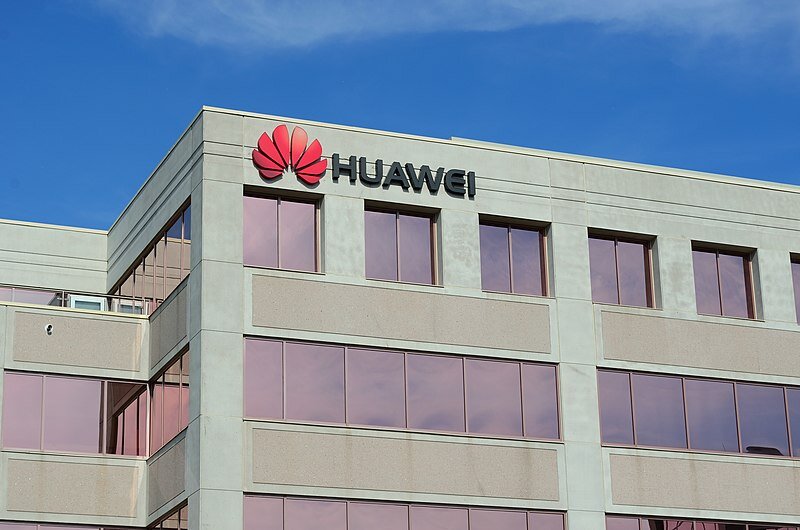Unfolding Sino-Canadian Conflict and What This Situation Tells Us About China on the International Stage
Madeline Metras, Writer on Asian-Pacific Affairs
January 23, 2019
Huawei’s Canadian Headquarters
On the first of December this year, Meng Wanzhou was arrested by Canadian authorities during a layover in Vancouver. This was the spark that began Canada’s involvement in a diplomatic conflict with China, and placed it firmly between the interests of two world superpowers. Meng Wanzhou is the Chief financial officer of Chinese telecom company Huawei technologies, as well as the eldest daughter of the company’s founder Ren Zhengfei. Meng was arrested at the request of Washington and is accused of lying to financial institutions in order to circumvent U.S sanctions on Iran.U.S. authorities have been trying to secure her arrest for several months but have been unable to do so as she has avoided travelling in the United States. Following her arrest, Meng sat before the British Columbia Supreme court where she was deemed a flight risk and released on C$10 million dollar bail and has been ordered to remain in Vancouver with restrictions being set on her movement while she fights extradition to the U.S.
According to the Canadian Extradition Act, Canada requires that Meng face charges which are considered criminal in Canada as well as the country requesting extradition. In this case, the Crown is arguing that Meng has committed fraud related offences under Canadian criminal law and therefore meets the requirements for extradition. If Meng is extradited and convicted in the U.S., she could face up to 30 years in prison. The investigation into Meng concerning breaches of U.S. sanctions is tied to her involvement in the Hong-Kong based company Skycom, a subsidiary of Huawei, which she is said to have misrepresented as an independent company from Huawei in order to sell telecommunication equipment to Iran from 2009 to 2014.
Meng’s arrest fueled rage by the Chinese government who have called it “extremely nasty”, “a serious breach of rights”, and “unreasonable”. Despite Canadian Foreign Minister, Chrystia Freeland, expressing that Meng’s arrest had “no political involvement”, tensions between the two countries have risen to a fever pitch. Only days after Meng’s arrest in Vancouver, two Canadian nationals in China were arrested and detained for allegedly endangering national security. Entrepreneur, Michael Spavor and former Canadian Diplomat, Michael Korvig were both arrested just days after the December 1st arrest of Meng in Vancouver and these arrests appear to be politically motivated. In addition, Canadian Robert Schellenberg appeared in a Chinese court to appeal a previous 15 years sentence for drug smuggling, and his unfortunate timing in this political conflict is thought to have contributed to the judge’s decision to sentence him to death.
Huawei is one of the largest telecommunications equipment and service providers in the world, recently overtaking Apple as the second largest smartphone producer behind Samsung. However, this is not the first time the telecom company has been under intense scrutiny in recent years. Many western countries, including the U.S., Australia, and New-Zealand have blocked Huawei from their new 5G networks over security concerns surrounding its potential to be used to spy on its users. Huawei vehemently denies any connections with the Chinese government outside of paying taxes, but there remains serious doubt surrounding the independence of any major Chinese business.
This conflict between China and the U.S., and, by proxy, Canada, has revealed a dangerous view of China’s behaviour on the international stage. Canada has been caught between its largest trading partner and an important economic alliance, which leaves it in a precarious diplomatic situation. On the one hand Canada has dealt with China’s tit-for-tat arrests in the past, with the Canadian arrest and extradition in 2014 of Su Bin followed by China’s arrest of two Canadians who spent 2 years in a Chinese jail. This pattern of behaviour tells us that China is unlikely to back down in the current cases of those Canadians who have been arrested in China in an attempt to further exert political pressure. It is a further indication of the threat that China poses in their potential involvement in their country’s tech industry and how that involvement may have played a role in the escalation of this particular incident.
